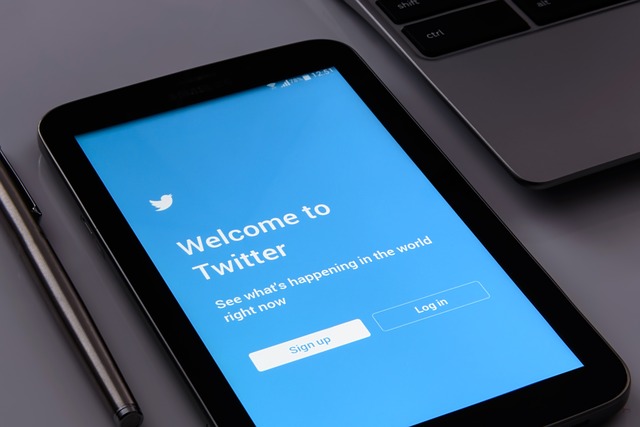Study: Elite Universities Only Pay Lip Service to a Free Press

For all the fuss from liberal academics about life outside their campuses, the more egregious violations of a free press are taking place at many of America’s so-called elite colleges and universities.
John K. Wilson, co-editor of the Academe Blog, authored a study for the University of California Center for Free Speech and Civic Engagement on the state of a free press on college campuses at the top 25 universities and colleges, as ranked by U.S. News & World Report.
He noted that many of these institutions ban journalists from setting foot on their campuses unless the administration approves their presence on-campus. Wilson wrote, “These prohibitions are unnecessary to protect students and faculty (and several private universities have no such restrictions),” but are blatant reminders that colleges try to “protect their ‘brand’ identity” to “try to control the media.” Instead of granting press members their constitutional right to report, observe, and interview individuals, many colleges require escorts, or “minders,” to accompany journalists during their reporting.
Colleges have also limited student media freedoms by “exercising direct censorship control, punishing media advisors, failing to protect publications from theft, and cutting funding for student media.” These restrictions include college administrators’ attempts to punish or restrict students’ social media use and the topics that they investigate or report on.
For example, Harvard University said that journalists must seek permission to enter its campus, which implied that Harvard has a right to deny the freedom of the press. The university’s policy covers in-person interviewing of faculty, staff, and students, in addition to photography and recording video. As Wilson pointed out, “It sends a signal to reporters that negative media coverage might result in future difficulties.”
Wilson recommended several policy changes for colleges, such as allowing journalists to enter campuses without administrative approval or permission, explicitly state that journalists are not required to have escorts, prohibit the requirement of reviewing student media reports prior to publishing and ban retaliation against student journalists, and affirm that newspaper theft is a crime and should be followed up with disciplinary measures.
He pointed to the Washington University in St. Louis’s media policy as the standard for all colleges in the U.S. Washington University’s policy welcomes all visitors, including the press “in all public areas.” They suggest that journalists check in with the university’s Office of Public Affairs, but it does not limit journalists to seek express permission. Instead, the university said that its community members “have the right to speak with the news media without the presence or permission of university officials.”
The study confirmed that American’s higher education institutions, typically hubs of liberal indoctrination, have failed to adequately protect and respect the First Amendment of the U.S. Constitution. As much as liberal academics lecture conservatives and moderates on their respect for a free press, their actions speak much louder than their words.




